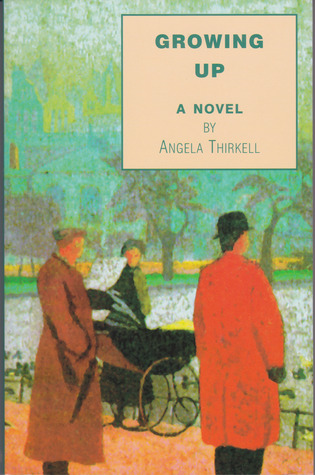Why I bought it: I loved Cold Comfort Farm so much I wanted to read more of Gibbons' novels. So I bought this one.
The plot in brief: Constance Fielding and her bachelor brother, Kenneth, share a house outside of London. An elderly cousin lives with them. Their life is ordered and quiet...and a little dull. But with World War II still going on, they end up having to take in some boarders. First comes a former sweetheart of Ken's with her 26-year-old son, Richard. Then comes a young refugee named Vartouhi Annamatta. And it's Vartouhi who really livens up all their lives.
My thoughts: This novel got off to a slow start. So slow, in fact, I almost quit reading it. But I persisted, and I'm glad I did because the novel got better, and the ending was humorous and fun. I never liked Connie; she's one of those sanctimonious and controlling characters who take all the joy out of life. Her brother, Ken, on the other hand, and the other members of the household were quite likable. But it's Vartouhi who's really one of a kind. I liked her a lot. While I didn't enjoy this one as much as I did Cold Comfort Farm, it's still a decent read.
My rating: 3/5 stars.
Happy Reading!
Another Stella Gibbons' book that I enjoyed: Nightingale Wood





